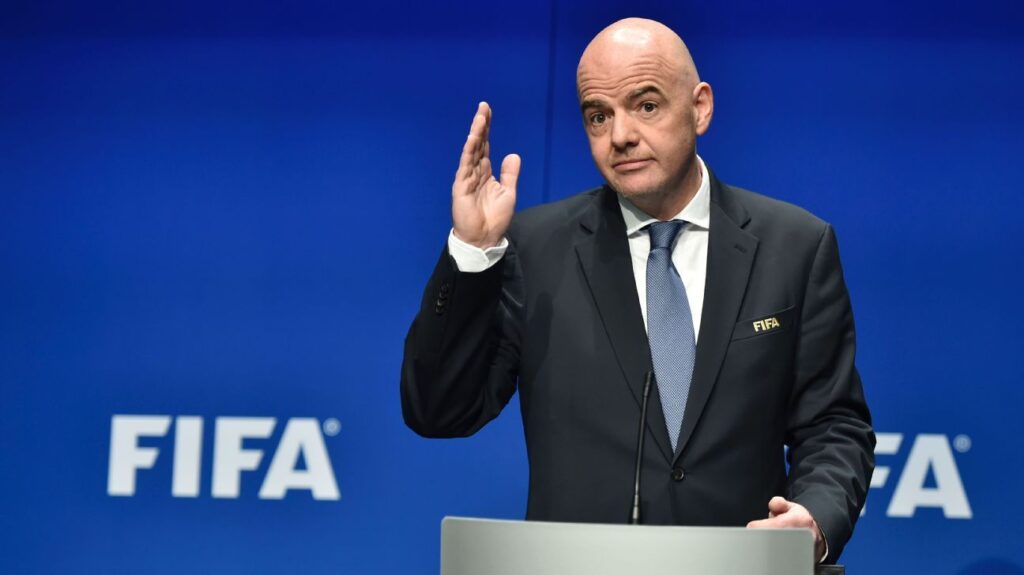FIFA Faces Potential Legal Action over Packed Calendar
In a strongly worded letter, global players union FIFPRO and the World Leagues Association have warned FIFA of potential legal action if the governing body does not reconsider its plans to add new and expanded football competitions to an already congested international calendar.
The letter, addressed to FIFA President Gianni Infantino and Secretary General Mattias Grafstrom, criticizes FIFA for “unilateral decisions that benefit its own competitions and commercial interests,” including the World Cup and the expanded 32-team Club World Cup set to debut in 2025.
The unions and leagues argue that it is “inherently abusive” for FIFA to continue adding games, forcing players and leagues to adapt. They urge FIFA to reschedule the revamped Club World Cup, which is scheduled to take place in the United States in June 2025, just a year before the first 48-team, 104-game men’s World Cup in the same region.
The letter also calls for FIFA to “review its decision” on the Intercontinental Cup, set for this December, which involves the same continental champions that will play in the Club World Cup six months later.
FIFPRO and the World Leagues warn that they have “now commissioned external expert advice” on their legal options if FIFA fails to resolve the issues at its upcoming council and congress meetings in Bangkok, Thailand, next week.
FIFA Rejects Claims of Unilateral Decisions
In response, FIFA has rejected the claims that it made unilateral decisions, stating that it has regularly engaged with relevant stakeholders on the International Match Calendar (IMC).
The concerns raised in the letter echo the growing pressure on FIFA to address the increasing demands on players and the detrimental impact on domestic league schedules due to the expansion of UEFA’s club competitions.
As FIFA aims to raise over $11 billion in revenue from 2023-26, the governing body has consistently justified the extra money and playing opportunities as necessary to improve the level of teams from outside Europe and South America, who have traditionally dominated international football.
However, the players and leagues argue that the players are being “pushed beyond their limits, with significant injury risks and impacts on their welfare and fundamental rights,” as a result of the fixture congestion.
With the potential for legal action looming, FIFA faces a critical juncture in balancing its commercial interests with the well-being of the players and the integrity of domestic leagues.
🔗 Source
